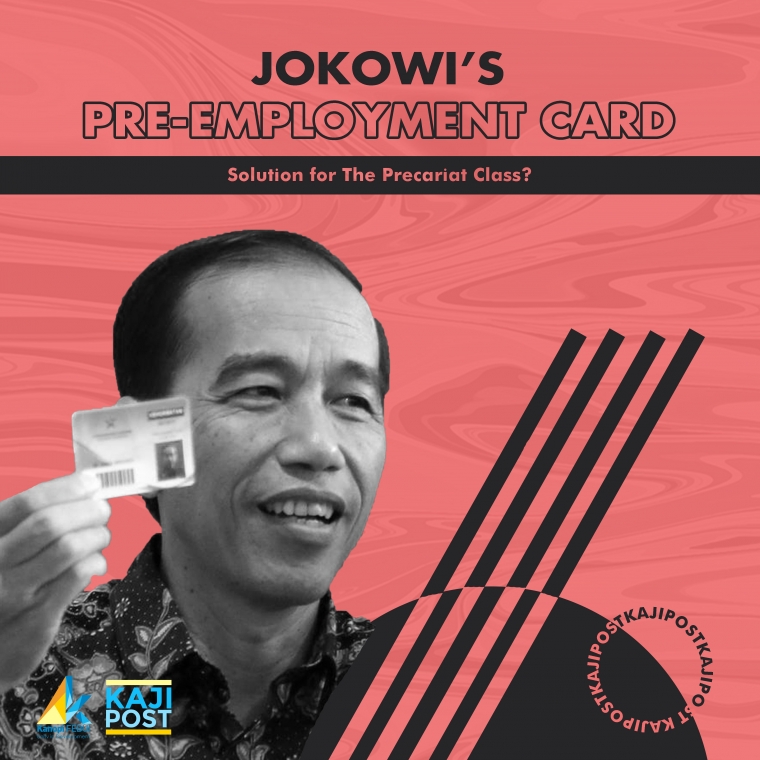Indonesia has one of the lowest rates of COVID-19 testing, and it is concentrated in greater Jakarta where the country’s best medical facilities are. It is still unclear what containment measures Indonesian authorities will take, beyond social distancing and handwashing, to lower the rate of infections. The Indonesian President, however, has announced to allocate 2,55% of GDP or 15,9% of the APBN (state budget) for COVID-19 mitigation. It’s aimed at keeping Indonesia’s economy afloat during the coming weeks. For the moment, they’re mainly focussing on prevention. “The more individuals in the community learn about the preventive messages, the more chance they have to beat the virus”, said Yurianto, Government’s spokesman for COVID19-related matters. The Indonesian government will implement a "Large-Scale Social Restriction (PSBB)" starting in Jakarta and surroundings city on 10 April. Every region in Indonesia can ask the Central government for PSBB implementation when it meets the requirements, such as data on increased number of COVID-19, prepared health facilities, quarantine plan, food distribution, cash transfer plan, limitation of public transport, etc.
WSM partner, the trade union KSBSI negotiated with management to set up hygiene and safety measures in the companies and factories to protect workers from the virus. MPBI (KSPI, KSPSI and KSBSI) provides disinfectant spraying for the general public and distributes hands sanitizers to people in need.
KSBSI is also socializing and assisting members to collect data on workers lay-offs so that they can be registered for pre-employment benefits card, which has a cash transfer of 1 million IDR per month (around 80 Euro), for the next 4 months due to COVID-19.
WSM other partner in Indonesia, SPMI (previously SBMI) was involved to collect data from and assist at least 3.000 migrant workers that returned to Indonesia. They also had to pressure management for the payment of outstanding salaries for workers who had to leave.
ILO overview of COVID-19 measures implemented by governments, employers’ and workers’ organizations, and the ILO for Indonesia: link
WSM partner, the trade union KSBSI negotiated with management to set up hygiene and safety measures in the companies and factories to protect workers from the virus. MPBI (KSPI, KSPSI and KSBSI) provides disinfectant spraying for the general public and distributes hands sanitizers to people in need.
KSBSI is also socializing and assisting members to collect data on workers lay-offs so that they can be registered for pre-employment benefits card, which has a cash transfer of 1 million IDR per month (around 80 Euro), for the next 4 months due to COVID-19.
WSM other partner in Indonesia, SPMI (previously SBMI) was involved to collect data from and assist at least 3.000 migrant workers that returned to Indonesia. They also had to pressure management for the payment of outstanding salaries for workers who had to leave.
ILO overview of COVID-19 measures implemented by governments, employers’ and workers’ organizations, and the ILO for Indonesia: link





